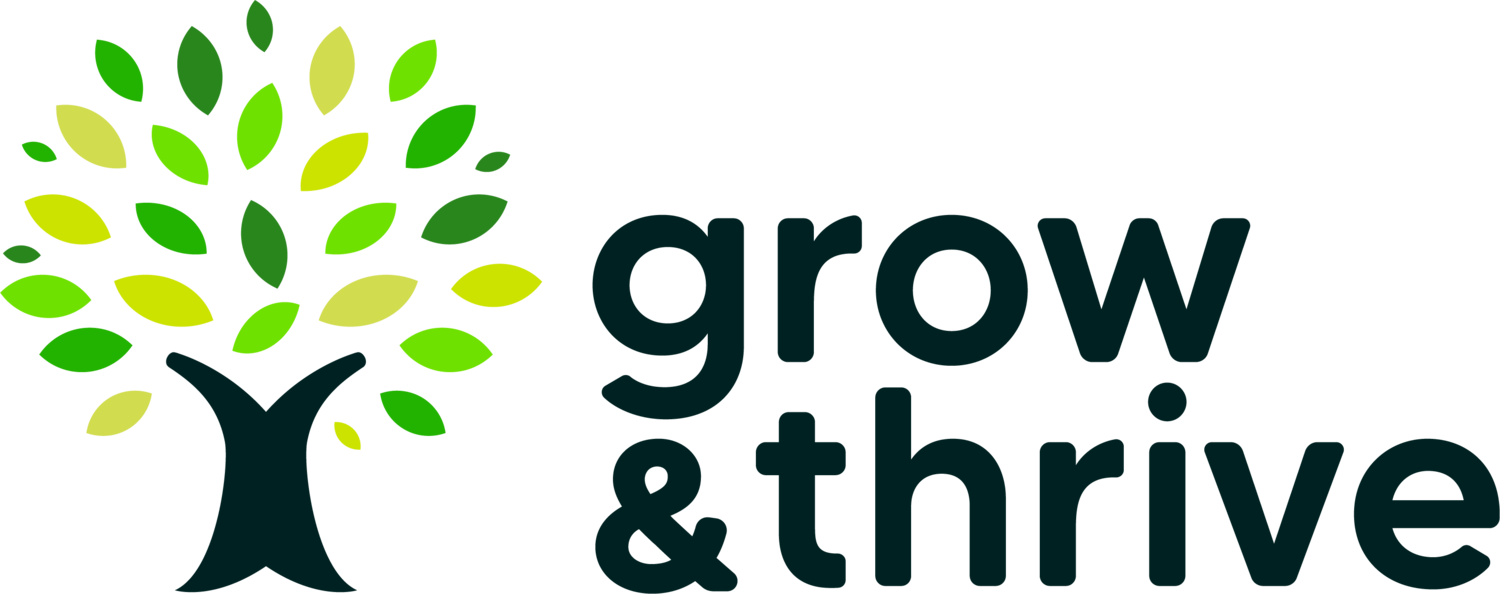Exactly how "Early" is "Early Intervention"?
How early is early?
This was a much busier weekend than planned and one which left me wondering about the semantics of the word "Early". Not "Early" in relation to birds, buses, rhubarb or doors - but in relation to Intervention.I finished up my last day with the NHS on Thursday (still to be blogged about), and on Friday had an urgent request from a Mum for an assessment of their just-turned 2 year-old daughter. The family had been trying for some time to get a thorough assessment of their wee girl's (suspected Autism) profile but having referrals from a range of agencies knocked back. Mum and Dad had thought for a long time that their daughter might be autistic - they were clued-up parents seeing all the signs but being told it was too early to do any assessment.In the meantime the child was floundering in an unsupported nursery place and parents were really worried about her. All the public health messages say Early Intervention is key, but it can prove very difficult for parents to get that for really little ones (under 2's with possible Autism especially). Parents see and hear the early intervention message all the time, and so when they realise that they could be missing something potentially crucial for their child's development their stress and anxiety naturally rise even higher. It stands to reason.Anyway, back to my weekend:
Friday eve - Here came the message asking if I could assess their daughter and have a report for them by 10.30 on Tuesday morning! I checked my diary and decided that given the special circumstances I could fit them in on Sunday. Settled it with the hubby and set to work. Because of the short timescale we planned quite a different assessment format so that I could do it all in one day.
Sat PM - Parents dropped round the previous reports and paperwork on the Saturday and I did my background reading.
Sun 1.30 - I arrived after lunch and spent time with the family, carrying out the Preschool Language Scales (PLS 5) along with observation and play-based assessment.
After a while the wee girl went for her nap and the Mum and I sat with a cup of tea and talked through the assessment and observation findings so far so I could make sure I was capturing everything I would need for a full picture. I also took a detailed case history. Once nap time was over I was able to do some more observation/assessment with her older sibling around, then left them to their evening :) (Sun 5.30).
Monday - I spent a good chunk of time writing up all my findings, and concluding that the parents had made very accurate observations, and got it to the family in time for them to check it over before their Tuesday morning meeting with the ASN placement officer.
Tuesday mid-day - I literally jumped with delight when I got a message saying that their wee girl had just been granted a part-time ASN supported place in nursery following the meeting.
So - in the end - good news for that family:
clarity and shared understanding about the child's profile,
strategies identified and ready to go,
part-time nursery place set up, and
hopefully a multidisciplinary full assessment soon.
But - exceedingly frustrating that being under 2 was a barrier to getting a statutory assessment. Parents hear about early intervention all the time - especially relating to Autism. So when they identify the difficulties early on it is a huge source of stress to be told that they must "watch and wait". In my experience, early personal investment in families (a key part of which is genuinely and respectfully listening to the concerns that families have) reduces stress and longer-term problems. So what does early mean? I think it means as soon as concerns have been raised and most definitely before it has become a crisis! Early may be a few weeks old, or it may be 14 - but the key is that concerns are listened to as soon as they are voiced.I met a wonderful paediatrician recently who said to me (as a parent) that "parents' instincts generally are right". As a mum that was music to my ears. As a professional it reinforced all the more that families must come first and their voices must be heard. Yes I know a lot of stuff about Autism as a professional etc but parents know their child. And, yes at the end of the day as a professional I have to make a robust and evidence-based clinical judgement - but parents are invaluable in that process.It was a full-on exhausting day for us all, but gave me the opportunity to immerse myself in this child's communication in a real-life setting, giving me chance to really understand the impact on the wider family. So - a great first weekend as a fully independent SLT. I loved that I was able to respond to a family in need really quickly and I would definitely offer the full day assessment package again. Just not next weekend ...Jude
Jude Philip is a Specialist Speech and Language Therapist working in Scotland. She specialises in Autism, ASN and Complex Communication Needs and is "passionate about unlocking potential". www.judephilip.co.uk
N.B. the family about which I am writing was happy for me to refer to their story in this post.

